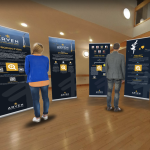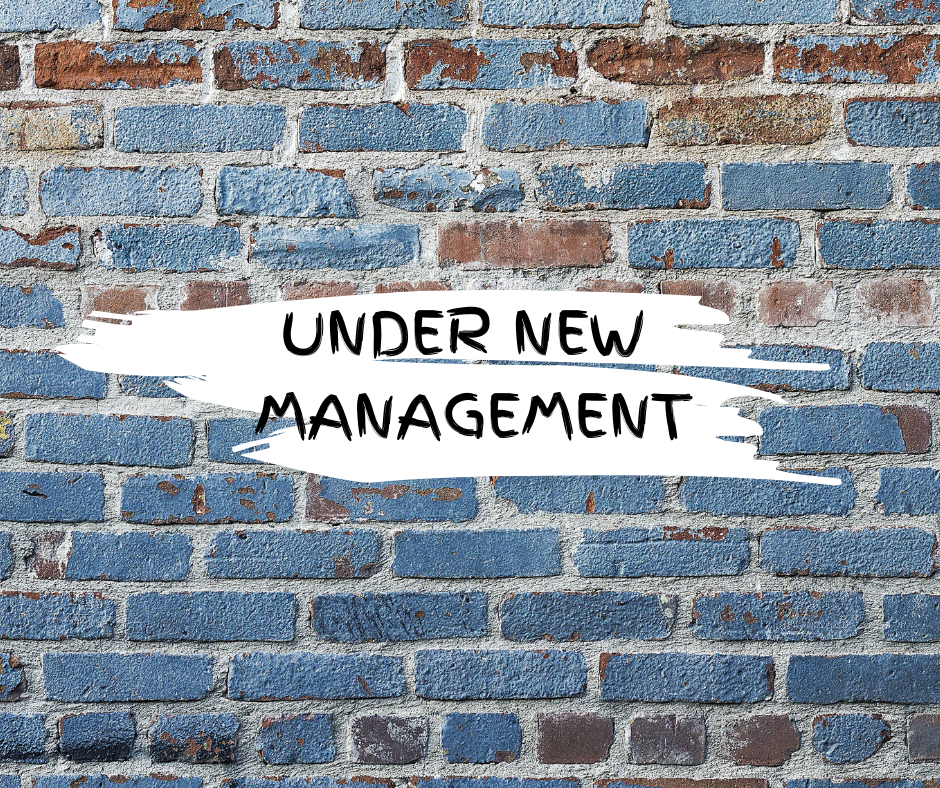Scotland bans Fracking
In October this year the Scottish government announced a ban on fracking due to the ‘overwhelming’ public opposition. The Scottish government‘s decision was driven by a public consultation which had been conducted, with a response of 60,535, of which 99% were said to be opposed to fracking. This blog will look at the type of public consultation that was conducted and the questions that undertaking such an exercise generates.
What is fracking?
First things first, what is fracking? Well, fracking is short for ‘hydraulic fracturing’ and is the process of “drilling down into the earth before a high-pressure water mixture is directed at the rock to release the gas inside” (BBC.co.uk). The gas is used to generate electricity, as a source of heating and as a raw material for plastics. Scotland’s current supply of gas comes from the North Sea gas fields and imports of gas from countries like Russia, Qatar and USA.
Public consultation – The questions asked
The Scottish Government undertook a consultation (Talking ‘Fracking’: A Consultation on Unconventional Oil and Gas) from the 31st January to the 31st May 2017. The paper provided a summary of findings from commissioned studies and 10 open ended questions, there were no closed (tick box) questions. One example from the 10 questions was:
“What are your views on the potential social, community and health impacts of an unconventional oil and gas industry in Scotland?”
Range of collection mediums?
There was a dedicated website (Talking Fracking) set up for this consultation with further information about fracking in an easily accessible format and a link to the consultation paper and other online resources. There was also a group discussion pack available for community groups to download (including supporting information, information slides, hand-outs and a shortened version of the consultation questionnaire). Some groups chose to create a petition and gain signatures based on their stance.
In the response to the consultation there was no mention of the output from the group discussions and it is unclear as to whether any of these group discussions actually took place.
Representative response?
A public consultation means that anyone can submit their view, including individuals, groups and organisations.
Does the output from this consultation represent the views of the Scottish public or only those groups involved in fracking or against it?
For a nationally important project did the Scottish Government employ the right mix of engagement methods to ensure that a representative mix of the Scottish population were engaged in the consultation?
Responses
On analysis of the output of the consultation responses were categorised by:
- standard campaign text responses (21,077);
- petition signatures (31,033); or
- own word responses (8,425).
Those who responded with a standard campaign response and other identical responses (petitions) made up 86% (52,110) of the responses. The remaining 14% were made up of substantive responses including non-standard campaign responses. Undertaking a consultation in this way can lead to selection bias and are notoriously unreliable, mainly due to the fact that those who do contribute are very different from those who don’t. Therefore, the results tend not to be a true representative of the general population.
Engagement best practice would suggest that there should be a check at the end of the consultation to test whether those who took part in the engagement were representative of the wider community that was being engaged and also that there was a range of methods used that meant that the consultation was accessible to all including hard to reach groups. Should this process have been used on this consultation?
Scottish decision?
Surprisingly, not all results came from Scotland, only 88% did. 11% came from the rest of the UK and 1% from the rest of the world (based on those who left address details). What should happen to responses that come from outwith an impacted area?
The overwhelming majority of the respondents were opposed to the unconventional oil and gas extraction (fracking) in Scotland, based on long-lasting negative effects on communities, health, environment and the climate. They were also unconvinced about any economic benefit it would bring and if it did it would be short-lived.
The right decision?
Did the Scottish Government make the right decision? Did they gather enough data and responses to make a representative overall population decision? Should they have conducted more public consultation events and or meetings to gather further responses? Should they have included a few quantitative questions for analysis?
Given that they have now consulted nationally on Fracking should they now be consistent in their approach and consult on all nationally important projects and be bound by the public response?
We would be delighted to hear your thoughts on this?





